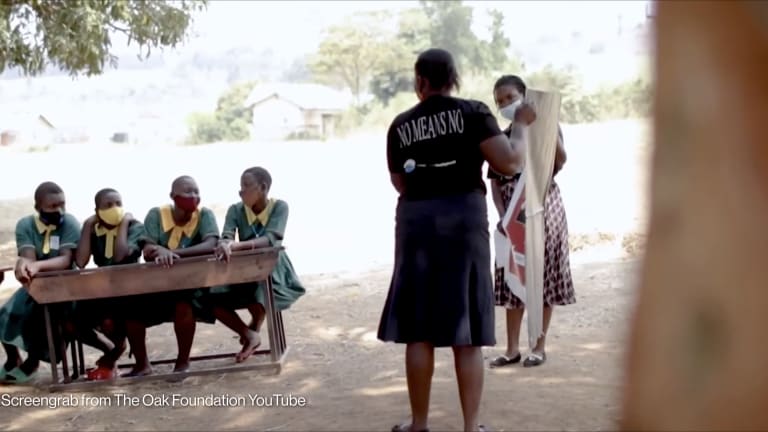
The Bill & Melinda Gates Foundation has announced $50 million in grants to support science in low- and middle-income countries.
Gates Foundation changes could bring transparency, accountability
Philanthropy experts say changing the Gates Foundation’s governance could bring much-needed accountability to the world’s largest private foundation, whose influence extends far beyond its grant making.
The announcement came at the 17th Grand Challenges Annual Meeting — held virtually this week — where each year the foundation focuses on urgent development challenges. Grants will be open to both individual scientists and institutions and will be awarded over the course of 10 years.
Three requests for specific proposals are currently open:
• Building malaria modeling capacity in sub-Saharan Africa, with grant funding of up to $1 million per year, per project, with a grant term of 1 to 3 years.
• Digital health services for pregnant women in Sub-Saharan Africa, with funding of up to $500,000 per project, with grant terms of 6 to 24 months.
• Innovations in eliminating neglected tropical diseases, with funding of up to $200,000 per project, and a grant term of up to 18 months.
Trevor Mundel, president of global health at the Gates Foundation, said the program would help research and development become locally led and gender-equal.
“As we track progress against these programs, part of that will include a focus on continuing to increase representation of women investigators,” he said. He noted that the newly inaugurated Calestous Juma Science Leadership Fellowship has eight female principal investigators out of a group of 14. “But we know we have a lot of work to do, and we’ll continue to build on that work through this initiative,” he added.
What’s next
“Many of our initial Grand Challenges grants went to researchers in high-income countries instead of directly to the scientists and institutions in the communities where the work is happening,” Mundel said. “We want to make sure we’re investing in both people and projects to better support local innovation ecosystems.”
He called the initial $50 million investment a starting point, and said more funding could be provided in the future.








